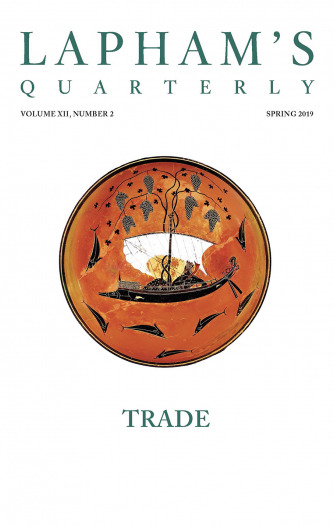James W. Clarke, in the New York Recorder, makes the following sensible suggestion on behalf of a woman juror in cases where a woman is on trial:
Another jury reform suggests itself in connection with the Borden jury. Here is a woman put on trial for her life, accused of a crime the alleged motive for which was a malicious enmity of long growth against her stepmother, with the principal witness against her a woman—the whole case from beginning to end enveloped in a womanly atmosphere, and attended by circumstances of a domestic nature, of which the average woman would instinctively be a better judge than the average man—and yet there is not one woman on the jury. I know that the law as it stands does not permit the presence of women on juries; but why not change the law, and correct another anomaly—to my thinking, one of the greatest anomalies—of trial by jury as it exists today? The old common law theory of the jury was that every accused person had a right to be tried by a jury of his peers or equals, drawn from the vicinity where the crime charged against him was committed. The centuries-old assumption that is quietly made at New Bedford is, of course, that a jury of twelve men is not only a jury of the peers and equals but of the superiors of any woman who may be arraigned for trial. But the nineteenth century would seem to be old enough now to concede that a woman on trial for her life or liberty has the right to have equal sex representation on the jury that is to pass upon her guilt or innocence.
Slowly, perhaps, but surely, the idea is growing that a jury ought to be composed of men and women, and that a woman especially should have a jury of her peers, not her sovereigns, as in the case of Lizzie Borden.
Lucy Stone, “A Flaw in the Jury System.” Borden was acquitted, but it took another seventy-five years for women to be allowed on juries in all fifty states. Stone, who included this item in Woman’s Journal (which she cofounded and coedited), became the first Massachusetts-born woman to earn a college degree when she graduated from Oberlin College in 1847. A popular lecturer on abolitionism and women’s suffrage, she married in 1855 and kept her name, the first recorded American woman to do so.
Back to Issue

